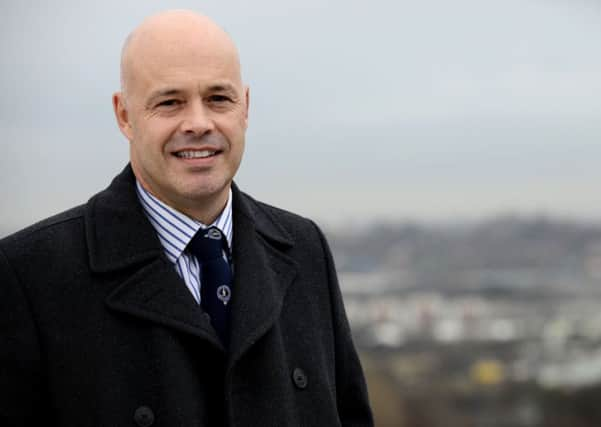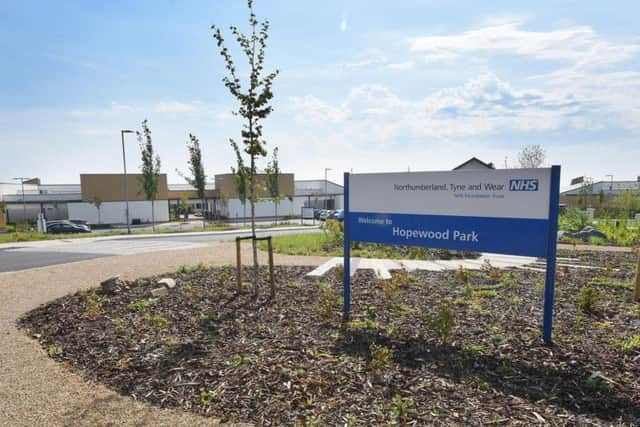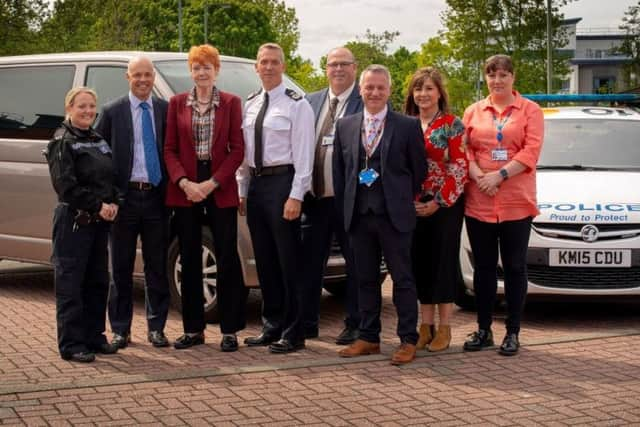Police tell of pioneering mental health scheme in Sunderland


Respond was set up to bring together organisations who help those experiencing a mental health crisis so they can better understand each other’s roles and share expertise.
Northumbria Police - which put together the programme with the help of expert health and support experts, is working with other forces, including the Metropolitan Police, looking to take it on following its success.


Advertisement
Hide AdAdvertisement
Hide AdThe cash generated by others using the copyrighted scheme will then be ploughed back into covering training costs in the North East.
Respond has brought together Northumberland, Tyne and Wear NHS Foundation Trust (NTW), the North East Ambulance Service (NEAS), Fulfilling Lives, which supports people with complex needs, and Newcastle City Council.
It gets frontline workers and experts to pool information about how they would deal with a series of scenarios and has been credited with ensuring those in crisis are approached in the best way possible and then get the ongoing care they need.
Inspector Steve Baker, the force’s lead for mental health, said: “Respond has already run 100 sessions across the North East.


Advertisement
Hide AdAdvertisement
Hide Ad“What we have found is that it completely obliterates their misconceptions and really gives an insight into all our roles.
“They leave understanding the process and the focus is always around giving the best quality of care.”
Anyone seeking support for mental health issues first hand or on behalf of a friend or family member is recommended to contact a GP in the first instance.
Insp Baker added: “What I want to say to people is that it’s ok not to be ok.
Advertisement
Hide AdAdvertisement
Hide Ad“One in four of us will become mentally unwell. We all have our physical health, but we have our mental health too.
“Suicide is the biggest killer of men under 45 in this country but, predominantly in the North East, men, for one reason or another, don’t talk about what they are going through.
“What we are trying to do is start that conversation about mental health and get rid of that stigma.”
The Initial Response Team for the South of Tyne area, which offers advice, emotional support from nursing staff and can help people access the right service 24 hours a day, can be called on 0303 123 1145 or emailed via [email protected].
Advertisement
Hide AdAdvertisement
Hide AdThe Samaritans can be called on 116 123 and emailed through [email protected] and more details can be found on its website www.samaritans.org/ while information about Mind can be accessed via www.mind.org.uk/.
The efforts of the organisations which bring together Respond work hand in hand with the Street Triage scheme, which sees a uniformed police officer team up with a mental health nurse.
They attend calls to the police to support those in crisis in a plain, unmarked car, or can offer advice over the phone, giving those in distress instant assistance.
It also helps them avoid being drawn into the criminal justice system or unnecessarily being detained under the Mental Health Act.
Advertisement
Hide AdAdvertisement
Hide AdIn Sunderland, where the South of Tyne team is based at Hopewood Park in Ryhope, the work has helped reduce the number of people detained under the act to 15 in the year leading up to August, with 73% of those then either detained as a sectioned patient under the Mental Health Act or admitted as voluntary patient, compared to 209 during the same period in 2013, when 28% were detained or admitted.
Insp Baker said: “These people have not done anything wrong at all, they are not well.
“This is used to get them the help they need.
“In the past, police used this to detain people for all the right reasons, but what happens now is we know how to assist them, so we might put them in contact with the crisis team, there are cases where it’s their GP, or alcohol service.
“The feedback we have got from frontline staff is extremely positive.
“They don’t want to detain people, they want to help them.
Advertisement
Hide AdAdvertisement
Hide Ad“We have situations where people won’t speak to a police officer, but they will talk to a mental health nurse.”
Earlier this month Northumbria Police and Northumberland, Tyne and Wear NHS Foundation Trust (NTW) was has been recognised for the Street Triage project.
Sir Simon Wessely’s independent review of the Mental Health Act referenced the force’s team as a case study of good practice when dealing with those with mental health issues who come into contact with police.
Help from the trust is at hand via www.ntw.nhs.uk/selfhelp.